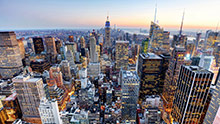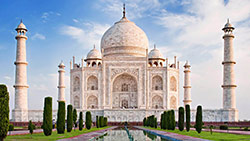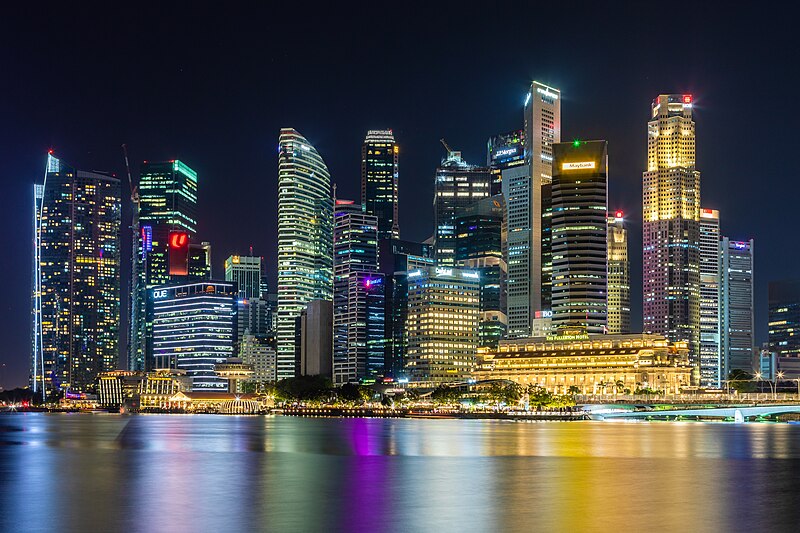- Global citiesAfricaAmericaAsiaEuropeOceania





- News
- Analysis
- Int. Corridors
- Mega Projects
- Statistics
- Global citiesAfricaAmericaAsiaEuropeOceania





- News
- Analysis
- Int. Corridors
- Mega Projects
- Statistics











Singapore (state city)
Singapore Dollar
5.9 m
Singapore’s economy ranks among the most open globally, characterized by low tax rates and a robust GDP. The nation hosts a diverse range of companies, both private and public, with many establishing branches within its borders. It serves as a pivotal regional, continental, and global hub for multinational corporations due to its strategic location in the heart of Asia-Pacific markets. Advanced connectivity and infrastructure further enhance its appeal, including an extensive airline network, bustling maritime port facilitating trade with various destinations, cutting-edge fiber-optic communications technology, efficient road transport systems, and well-developed public transportation networks. Singapore’s immigration policies prioritize attracting global talent to fuel its economic growth.
Geographically, Singapore is characterized by its urban landscape juxtaposed with pockets of greenery and nature reserves. The country has a tropical rainforest climate with high humidity throughout the year.
Singapore boasts an extensive transportation network encompassing air travel through Changi Airport—one of the world’s busiest hubs—efficient land transport systems comprising roads and public transit options like buses and trains, as well as maritime connectivity through its bustling port facilities.
The country’s industry sectors span finance, technology, manufacturing, and tourism among others, contributing significantly to its economic growth. Singapore comprises 20 large towns and planning areas meticulously designed to cater to residential, commercial, and industrial needs. Each town features unique characteristics that contribute to Singapore’s reputation as a well-planned city-state.
Tourism in Singapore thrives on its diverse array of entertainment options and iconic landmarks such as Marina Bay Sands, Gardens by the Bay, Sentosa Island resort area with Universal Studios theme park, and vibrant cultural districts like Chinatown and Little India.
In conclusion, Singapore stands out as a beacon of progress in Southeast Asia with its dynamic economy, efficient infrastructure, rich cultural tapestry, and commitment to sustainable development. Its success story as a small nation punching above its weight economically serves as an inspiration for many countries worldwide looking to achieve rapid development while maintaining social harmony and environmental sustainability. As it continues to evolve and adapt to global challenges, Singapore remains at the forefront of innovation and progress in the region.
